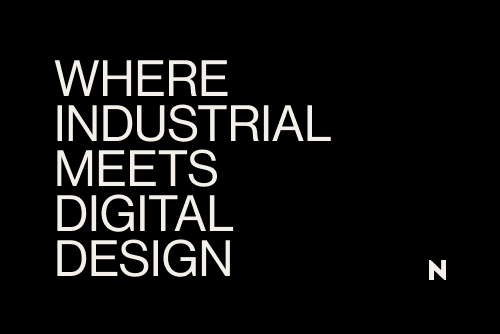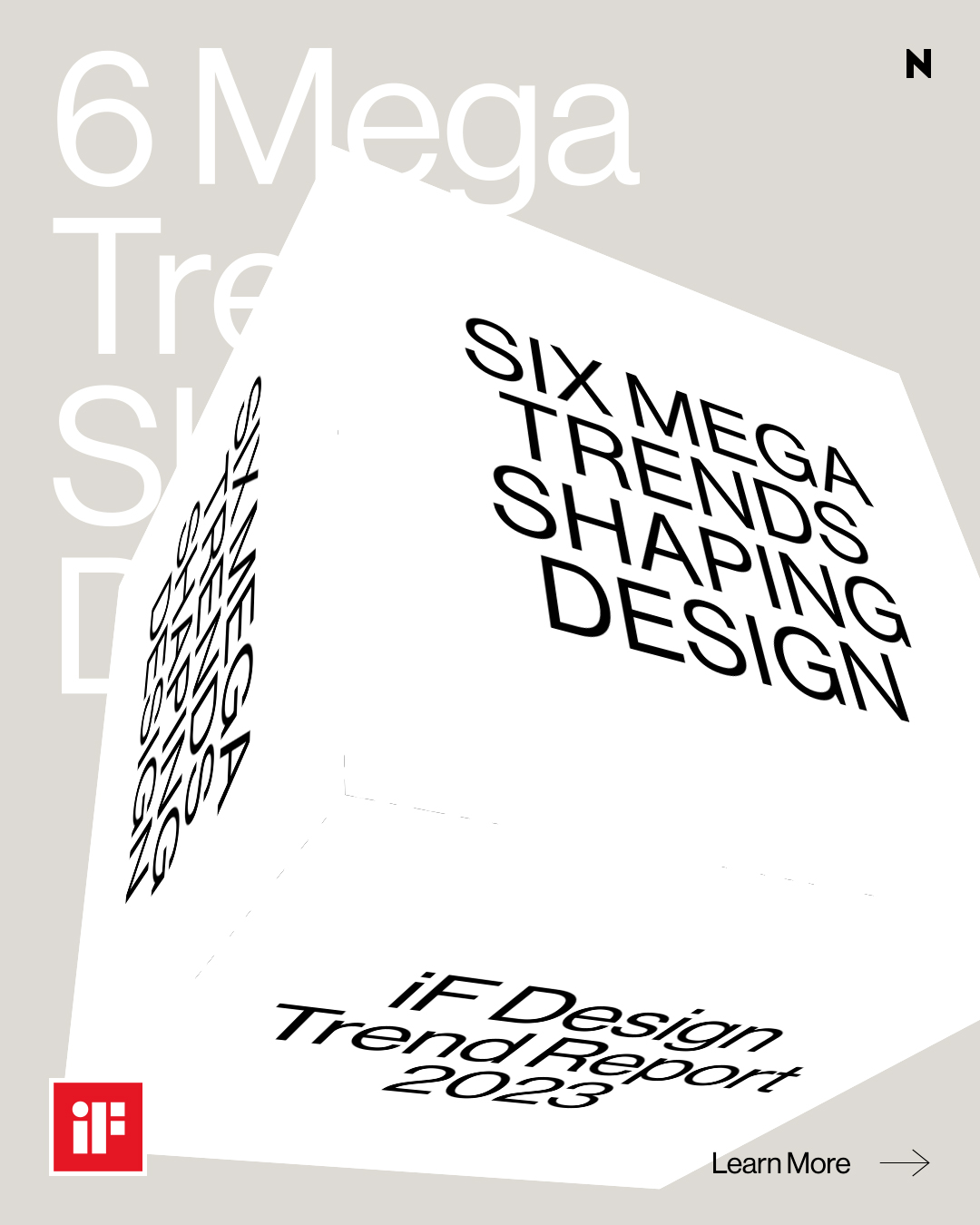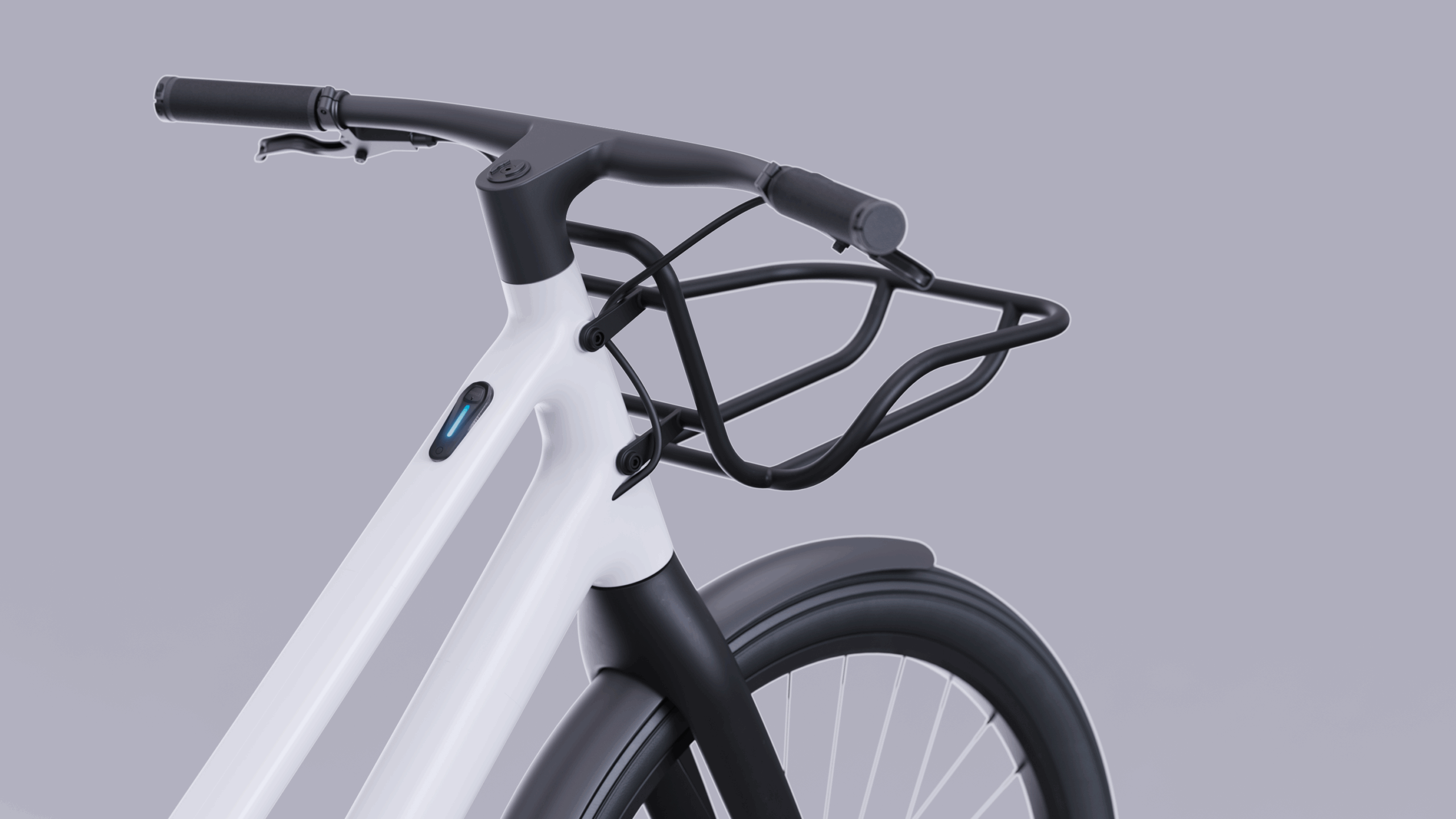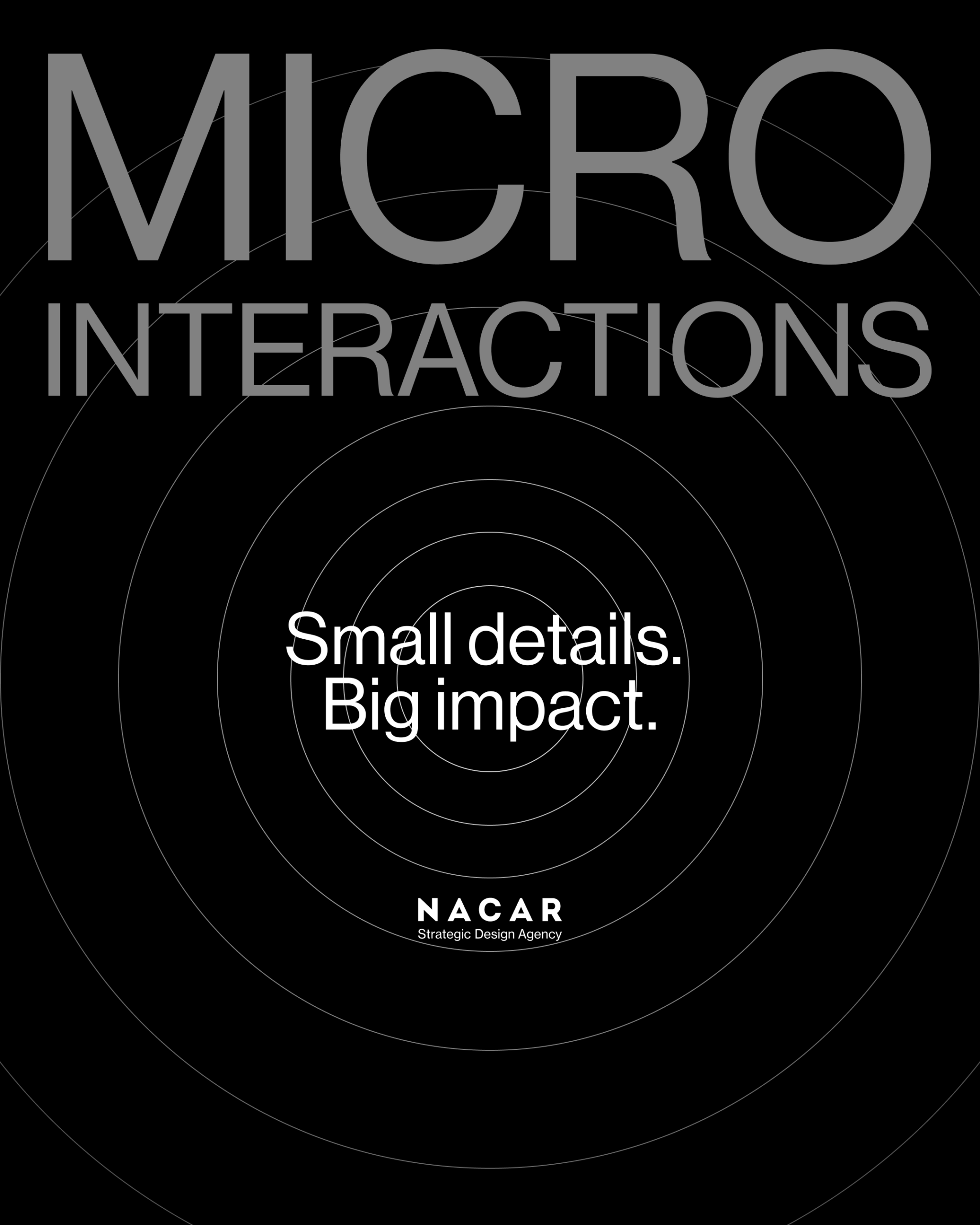
6 Mega Trends Shaping Design: iF Design Trend Report 2023
-
Jonatan Torreblanca

In the rapidly evolving landscape of design, staying attuned to emerging trends is essential for both designers and businesses seeking to remain relevant and innovative. Enter the iF Design Trend Report 2023, a seminal publication crafted by the renowned iF Design, the brains behind the esteemed iF Design Award. For the second time, this insightful report casts a spotlight on six mega trends that are significantly shaping the design realm: Connectivity, Silver Society, Health, Urbanization, Mobility, and Neo-Ecology. In collaboration with Frankfurt's Zukunftsinstitut, this report is poised to provide invaluable insights to design professionals, in-house design teams, and product development units across the globe.
MEGATREND 1: Connectivity
We are living in an era where connectivity reigns supreme, a transformative force underpinning the very fabric of society in the 21st century. The principle of connectivity, rooted in digital infrastructures, is reshaping our lifestyles, work dynamics, and economic models. The fusion of real and digital dimensions is giving rise to new design paradigms that address societal needs while engaging users through balanced connectivity and disconnectivity. As the market for AR software and smart glasses expands exponentially, seamless personalization and human-machine interaction take center stage, propelling us toward a captivating digital future. By 2028, the AR Software market is predicted to reach a staggering value of $137.14 billion (Source: PR Newswire), while smart glasses are projected to attain a market worth of $12.76 billion by 2030 (Source: Grandview Research).
MEGATREND 2: Silver Society
Aging populations are a wellspring of societal transformation. Silver Society embraces this shift, presenting challenges alongside vibrant opportunities. With the older demographic seeking health-promoting experiences, digital health applications take center stage. Social connectivity and intergenerational cooperation redefine how we perceive aging. By 2050, the global population aged 60 years and older is expected to double from 12% to 22% (Source: WHO 2022), marking an era where Silver Society shapes design narratives.
MEGATREND 3: Urbanization
Cities are the epicenter of our future, intricate ecosystems where complex challenges meet creative solutions. Urbanization is charting a path towards vibrant, adaptable, and eco-conscious cities. Third places are emerging as vital communal spaces, nurturing interactions and fostering a sense of belonging. The malleable concept of elastic cities, coupled with climate adaptation and urban mining, is shaping environments that harmonize with both human and natural needs.
MEGATREND 4: Mobility
The mobility landscape is undergoing a dynamic transformation, fueled by diverse offerings and technological advancements. Seamless mobility is redefining the way we move, with digital connectivity facilitating multi-modal transportation solutions. Autonomous and connected driving are redefining the driving experience, while adaptive infrastructures and climate-friendly designs are laying the groundwork for a sustainable mobility revolution. “The mobility of tomorrow will be practical, sustainable, diverting and exciting”, as stated in the report.
MEGATREND 5: Health
Health has transcended its role as a mere aspect of life; it is now a central tenet guiding our choices and aspirations. The aftermath of the COVID-19 pandemic has highlighted the importance of holistic well-being and the need for dynamic health solutions. From healing architecture to AI-powered mental health support, designers are championing innovative approaches that prioritize solidarity and encompass the entire spectrum of human wellness.
MEGATREND 6: Neo-Ecology
A paradigm shift is underway as Neo-Ecology redefines sustainability from an individual concept to a systemic imperative. Designers are becoming catalysts for change, propelling a sustainable global economy by embracing decentralization, systemic design approaches, and innovative materials. As second-generation sustainable products emerge, the emphasis shifts from symbolic gestures to tangible impacts, reflecting a profound commitment to holistic sustainability.
CONCLUSION
The iF Design Trend Report 2023 stands as a compass guiding the design community through a landscape of transformative mega trends. In an age of connectivity, silver societies, urbanization, evolving mobility, health consciousness, and systemic sustainability, designers are poised to shape a future that is not only innovative but also harmonious with the needs of society and the planet.


Moulded thermoplastic composites; lightweight and recyclable. The BCPR project.
